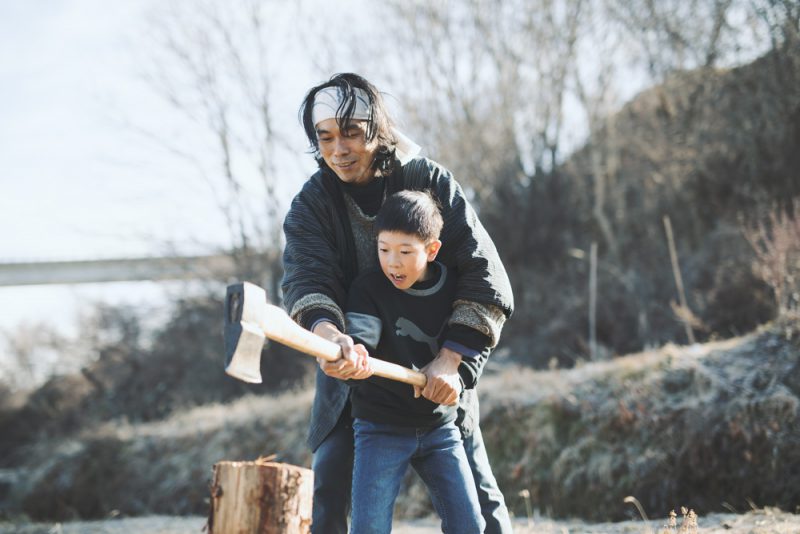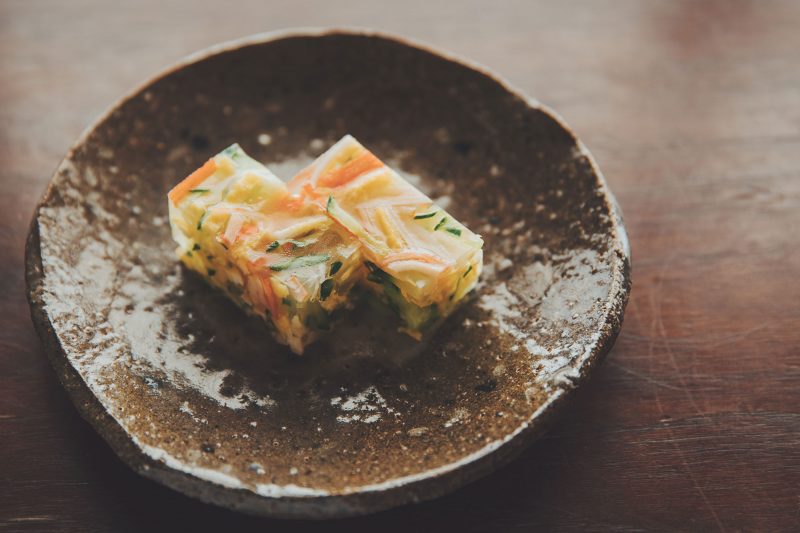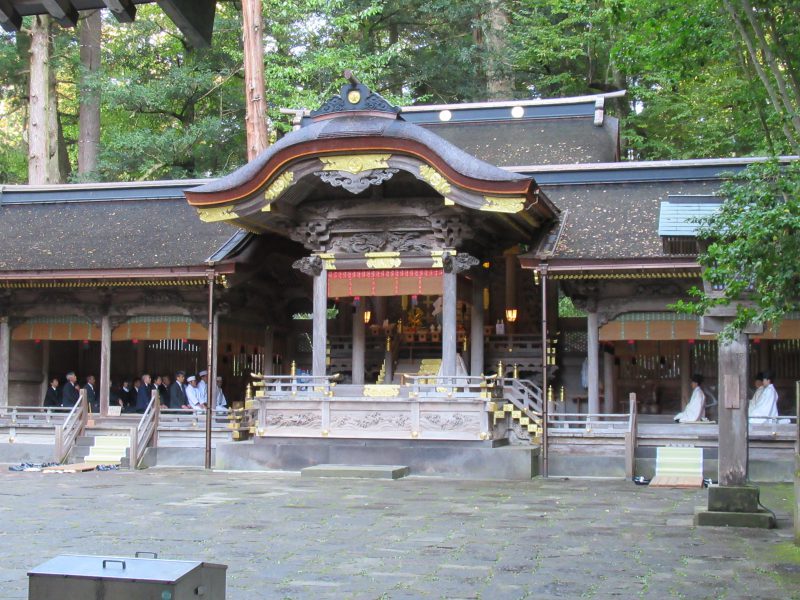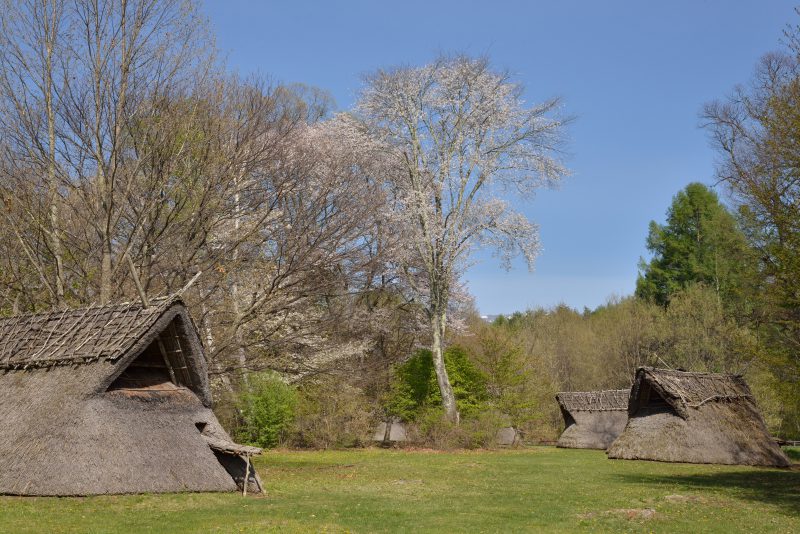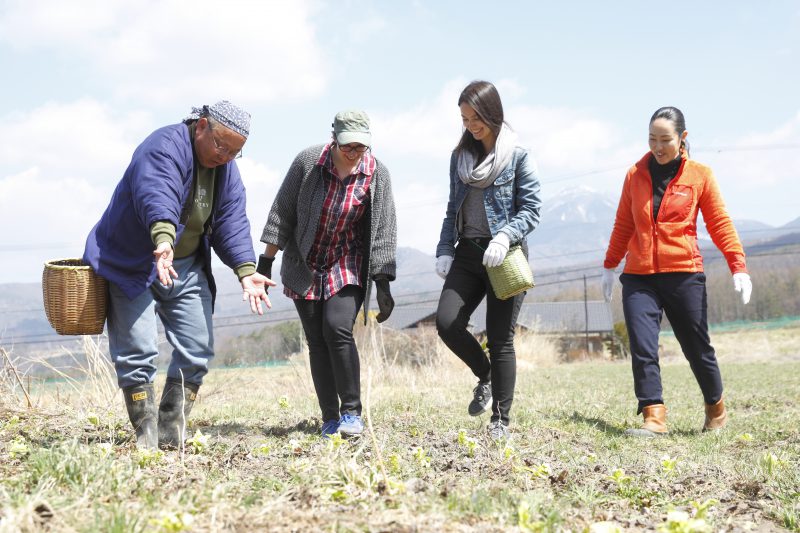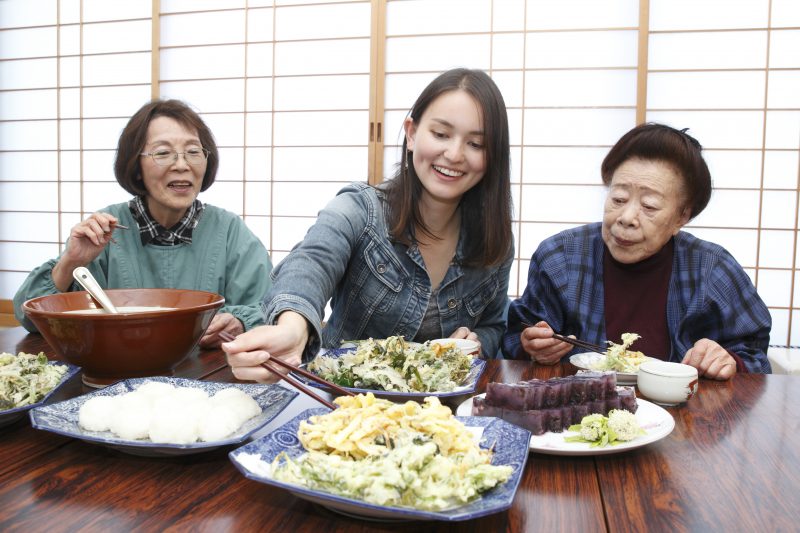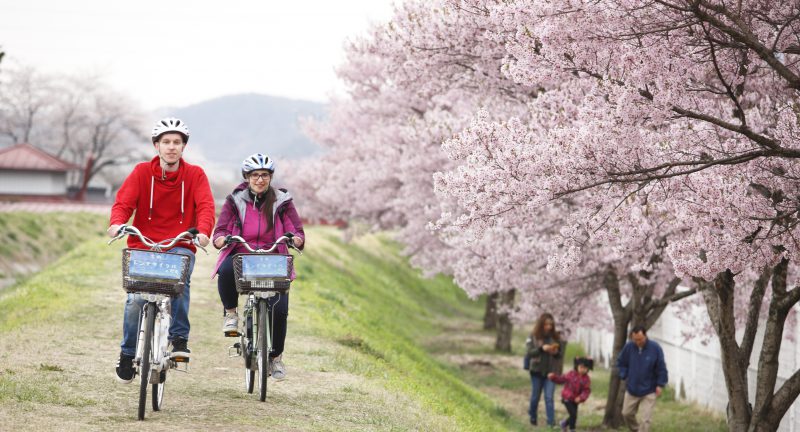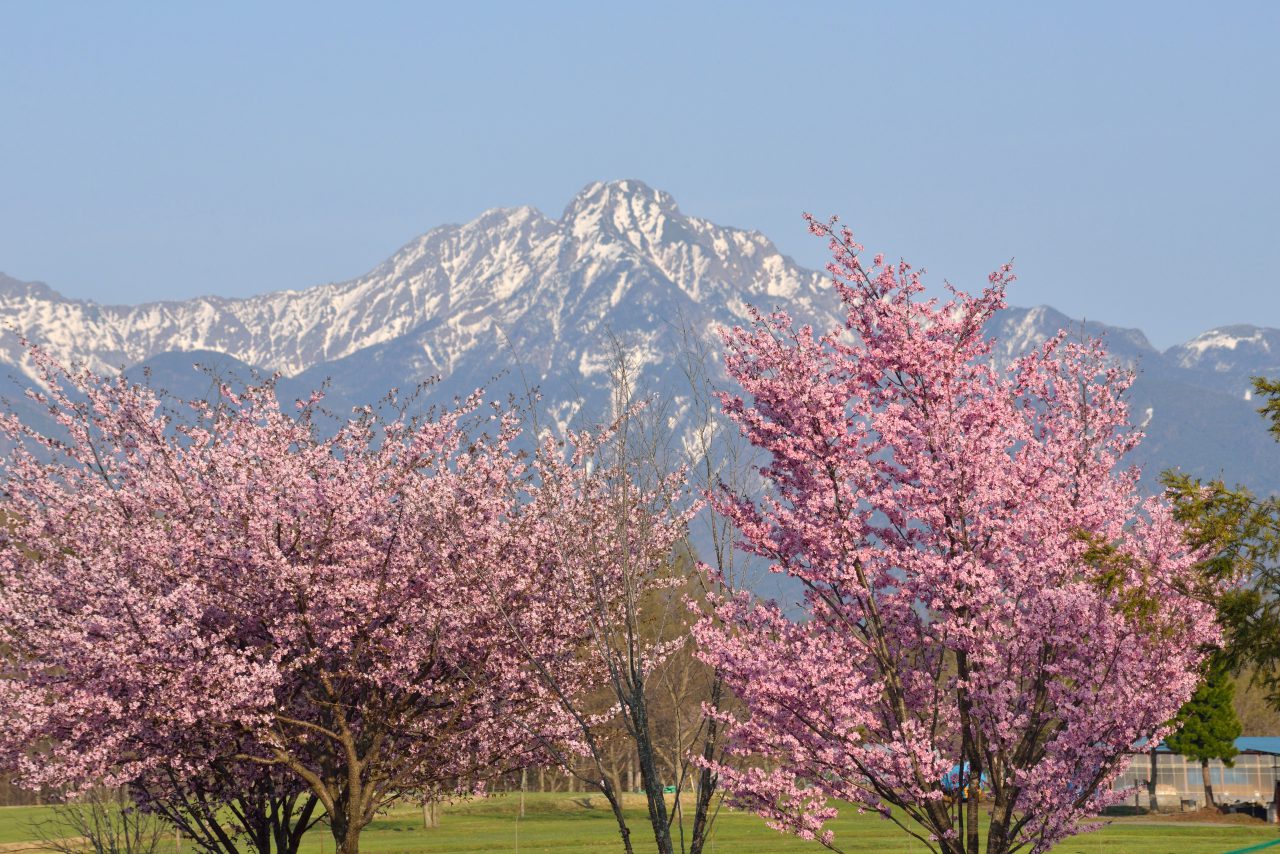
- History and Culture
- Farming and Everyday life
- Spring
Spring Highlights -a journey into history, gastronomy, and spirituality-
The locals have lived in harmony with nature under the mountains’ shadow for over 10,000 years. Experience their traditional lifestyle by staying in a village for a night, retrace their long history at the Jomon Museum and visit one of Japan’s oldest shrines where they still worship the Spirit of Nature.
| Duration | 2 days (1 night) |
|---|---|
| Price | About JPY 35,800/person |
| Period | From mid April to mid May *The course is available from mid April to mid November with small changes. |
| Overall level | 1 (easy) |
Highlights
The Suwa area is famous for sake. Buy a bottle from some local brewery to drink at dinner while you chat with your host family.
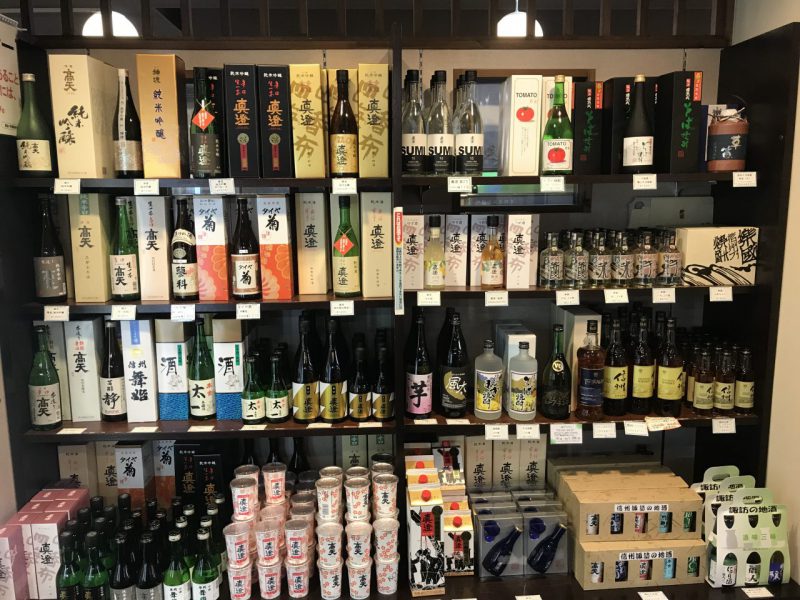
15~20 min by car- Pick-up by host family
(Part 1)
In spring, nature comes back to life, but it is too soon for farming, so the locals look for food in the woods. Go foraging with your host family and pick some wild vegetables to make delicious tempura. Later, experience grinding some fragrant perilla grains to coat your rustic mochi and maybe prepare a few more dishes. Enjoy dinner while you drink and chat with your hosts.
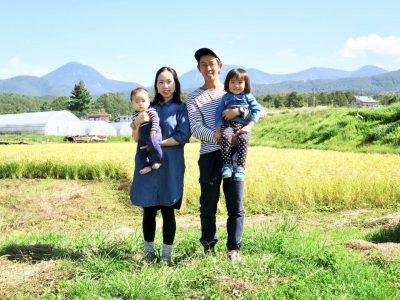
Spend the night at the host family's house. Experience laying out your own futon and sleeping in a Japanese-style room. If you would like to take a bath before going to sleep, you can visit one of the local common hot spring facilities or, if you need privacy, you can use the shower at the host family's house.
(Part 2)
Go to the backyard and grab a few shiitake mushrooms to put in your miso soup - many farmers grow mushrooms at home on logs-. After breakfast, you can help your hosts prepare some more shiitake for next year by opening a few holes in the logs and hammering the mushroom spores in. Other activities you might experience are planting seeds or making preserves with wild vegetables.
10 min by car- Drop-off by host family
People have inhabited the region at the foot of the Yatsugatake Mountains uninterruptedly for over 10,000 years. Visit the Jomon museum to see some of the beautiful artifacts made by the first settlers, who lived in close contact with nature. The two voluptuous statuettes of the “Jomon Venus” and the “Masked Goddess,” which dates back more than 5,000 years, are especially remarkable.
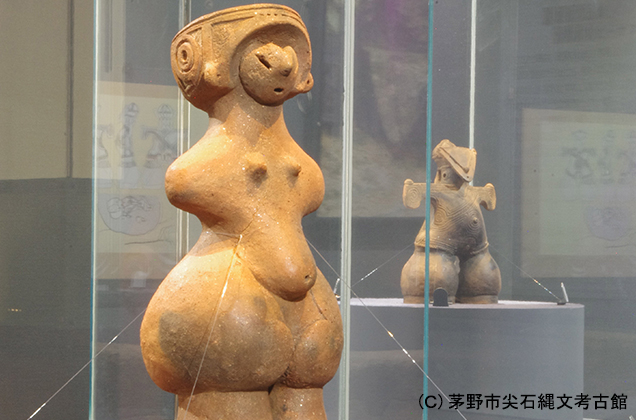
15min by bus + 3min on foot
Meruhen Kaido Bus (Togari-ishi Kokokan Mae bus stop →Chino Station bus stop)
Soba ("buckwheat") is a traditional food in Nagano Prefecture, and Chino is no exception. Stop by this small family-run restaurant and try some soba noodles.
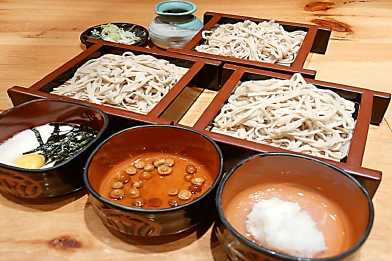
3min on foot
Hop on a bike and, together with our guide, pedal to one of Japan’s oldest shrines. Visit the two upper shrines of Maemiya and Honmiya, where the Nature worship of ancient Japan is still strong, and pay a visit to Jinchokan Moriya Museum and the nearby teahouses, where you will encounter the imaginative and quirky architecture of Fujimori Terunobu. On the way, ride along the Miyagawa River and pass under a row of blossoming sakura.
1min on foot
Buy some local products at the souvenir shop of the station before you leave.
If you want to try some onsen, you can stay another night in a traditional onsen ryokan. Many accommodations offer free transfers to and from the station.
To create a tailor-made travel
plan based on this itinerary.
*This service comes with no obligations.
Your reservation will not be finalized until you give us confirmation.
Other activities that you might like
-
History and Culture
Fujimori Terunobu Teahouse Tour
Price: From JPY 12,100/person Duration: 3 hr (Start time varies by season) -
Manufacture and CraftsFoodFarming and Everyday lifeFarming and Everyday life
Miso Making Experience
Price: JPY 13,365/person Duration: 4 hr -
FoodFarming and Everyday life
Cook Traditional Dishes with the Village Grannies
Price: JPY 11,000/person Duration: 3 hr
Model Itineraries that you might like
-
History and Culture
The World of Cinema - A Tour For Creators, Ozu Fans, and Film Enthusiasts
Schedule: 3 days, 2 nights -
History and CultureNature and OutdoorFoodFamiliesCouplesWinter
Active and comfortable winter vacation in Chino
Schedule: 5 days (4 nights) -
History and CultureFood
Journey into the frosty food tradition of the Yamaura
Schedule: 2 days 1 night

